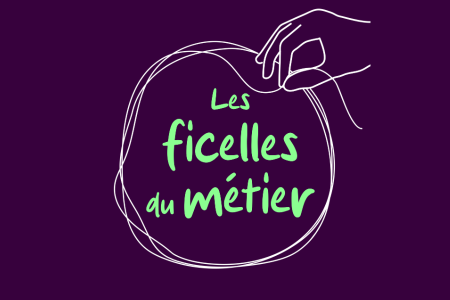 Podcast
Podcast
Knowing how to give up. Sierra Leone 1999: in the clutches of the RUF
01/15/2025For the moment, this podcast is only available in French.
 Podcast
Podcast
For the moment, this podcast is only available in French.
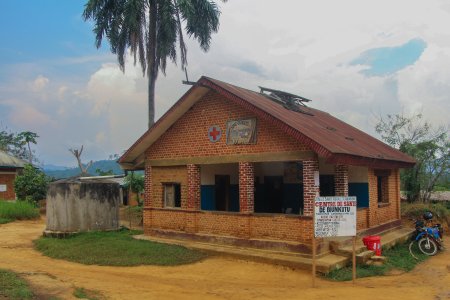 MSF
Analysis
MSF
Analysis
The Trump administration’s attacks on the United States Agency for International Development (USAID) since 20 January 2025 have revealed the anti-humanitarian ideology of the far right ‒ that is, the view that foreign aid is a betrayal of national interests and values. In this article, Joël Glasman discusses two historical critiques of humanitarianism: the far-right (reactionary) critique, and the progressive critique shared by a number of traditions (Marxist, socialist, feminist, Pan-Africanist, and anti-colonialist). The author stresses the importance of clearly distinguishing between these two types of critique despite the current blurring of the line between politics and the media (welcomed by reactionary critique supporters), and shows that they are polar opposites when it comes to human dignity and the equality it implies.
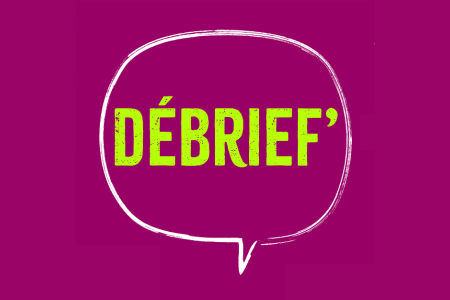 Podcast
Podcast
Since the return to power of the Taliban in August 2021, the Islamic Emirate of Afghanistan (IEA) has introduced a whole series of measures drastically limiting women's rights, their freedom of movement, their access to work and education as well as their participation in political life. How has Médecins Sans Frontières reacted to these measures, which openly contradict its commitment to combating gender inequality in access to healthcare as well as in its own internal management?
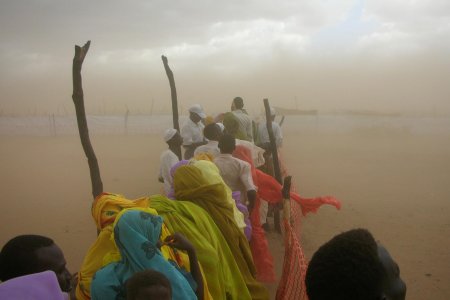 Voitek Asztabski
Speaking Out Case Studies
Voitek Asztabski
Speaking Out Case Studies
The “MSF and Darfur 2003-2009” case study describes the constraints, questions and dilemmas faced by MSF with regards to speaking out about extreme violence, massive displacements and terrible survival conditions endured by the population in the Darfur region, Sudan, between 2003 and 2009.
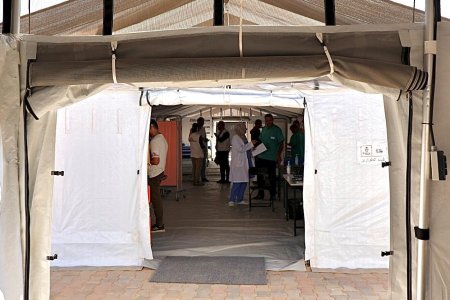 Nour Alsaqqa
News in brief
Nour Alsaqqa
News in brief
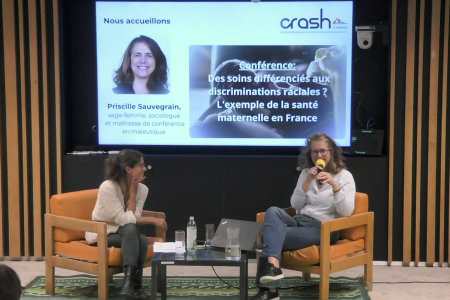 Conference
Conference
On Thursday 19 September 2024 at 6.30pm, the Crash team was delighted to welcome Priscille Sauvegrain for a conference on medical practices in maternal health in France and the role played by racial categories. This meeting, prepared with Caroline Izambert, was moderated by Judith Soussan.
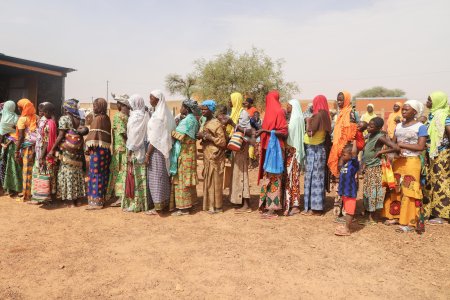 Nisma Leboul
Interview
Nisma Leboul
Interview
Following a series of coups d'état in recent years in Niger, Mali and Burkina Faso, the Sahel region is undergoing a major redefinition. In a context of high insecurity, what are the possibilities for accessing populations? What are the conditions under which our teams are operating, and can we do more? This interview with Hamadoun Dicko, who is in charge of access issues in the Sahel for MSF, was originally published association's website of MSF-France.
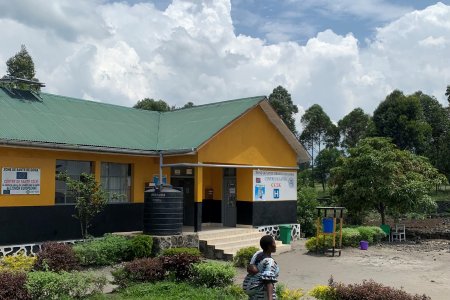 Jacob Burns
Analysis
Jacob Burns
Analysis
In this paper, Jacob Burns analyzes MSF's activities in the provision of social support. In the introduction, he suggests a rough outline of different ‘social’ problems that MSF has turned to between the 1980s and the 2010s. The second part of the paper is a report of a field visit conducted in October – November 2023 to Goma, DRC.
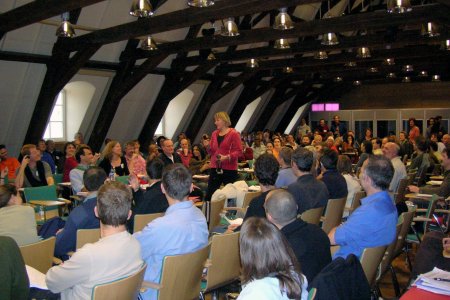 Alain Fredaigue
Analysis
Alain Fredaigue
Analysis
In this article, historian Eleanor Davey examines the concept of failure in the humanitarian sector through the experience of MSF and its reform process, known as La Mancha, which began in the early 2000s. The text highlights the challenges faced by MSF in recognising and resolving internal inequalities within the organisation.
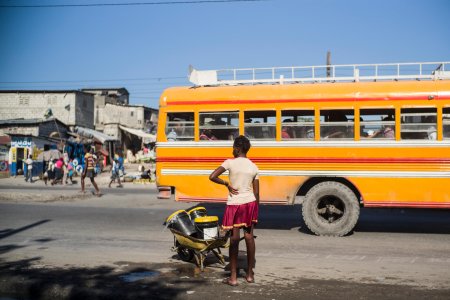 Corentin Fohlen
Articles
Corentin Fohlen
Articles
This article is an addition to Issue 25 of Humanitarian Alternatives "Food crisis: what role for humanitarian actors?", published in March 2024.
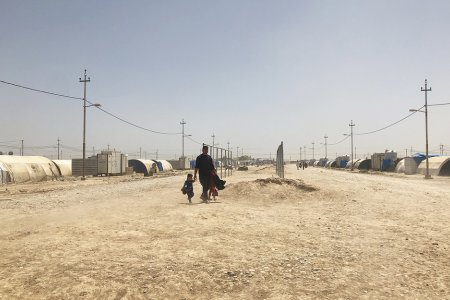 Candida Lobes
Analysis
Candida Lobes
Analysis
Challenging the idea that humanitarian actors can act free from politics by virtue of their principles, this chapter argues that the politicization of humanitarian aid is in fact the primary condition for its deployment. Humanitarian actors can only act if they maintain a balance between their own interests and those of people in positions of power. This raises a crucial ethical question: At what point do humanitarian organisations consider that deals reached with political powers cross the blurred but very real line beyond which humanitarian assistance does more harm than good?
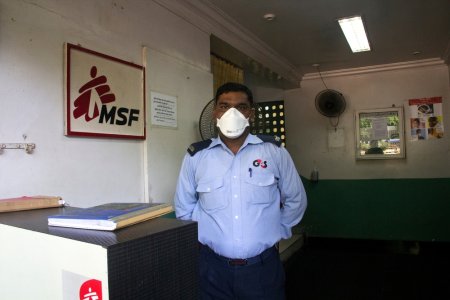 Anshul Uniyal
News in brief
Anshul Uniyal
News in brief